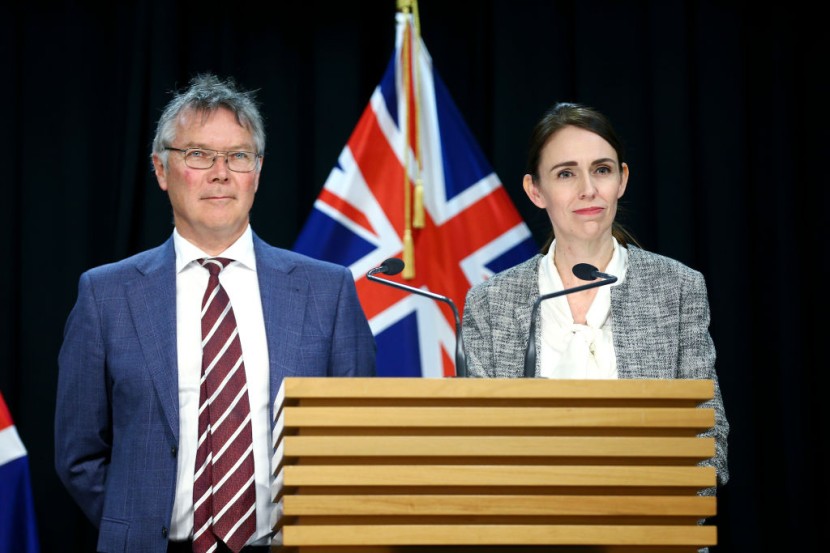
New Zealand and the United Kingdom just struck a free trade agreement after 16 long months of negotiations.
According to reports, the agreement aims to reduce tariffs on bulldozers, wine, buses, and clothing. However, it is not expected to deliver a boost to the economy of the United Kingdom.
Reuters revealed that the immediate economic impact of any deal with Britain is negligible, according to analyses published between 2019 and 2020. A new analysis will be posted after the deal is officially signed. The date of which has yet to be announced.
But Downing Street hopes that the agreement will pave the way for Britain to join the Trans-Pacific Partnership, which is a free trade area of 11 Pacific nations including New Zealand, Mexico, Malaysia, Australia, Brunei, Canada, Chile, Peru, Singapore, the United States, and Vietnam.
Boris Johnson, Jacinda Adern release their statements
Prime Minister Boris Johnson released a statement after an agreement was made between the two countries. He said this is a great trade deal for the United Kingdom because it can also cement their decades-long friendship with New Zealand and further their ties with the Indo-Pacific.
New Zealand Prime Minister Jacinda Adern called the two countries great friends and close partners. She also said that the United Kingdom and New Zealand's historical connections bind the two countries together.
Read Also : UK Foreign Secretary Says US Snub Costs Brexit Nothing but More Chances at Better Deals Globally
The UK has deals with Japan, Norway
According to CNN, the agreement is the latest one to be brokered by the United Kingdom after cutting ties with the European Union. And the country's ability to negotiate its own trade policy has benefited Brexit in tremendous ways.
Other than New Zealand, the United Kingdom also struck deals with Japan and Norway. However, these deals were based on pre-existing agreements negotiated by the European Union.
Upsides and downsides of the free trade agreement
The free trade agreement will also provide more work opportunities for lawyers and architects in New Zealand. New Zealand will also sell more lamb to the United Kingdom following the free trade agreement.
However, there are reportedly some downsides to the free trade agreement between New Zealand and the United Kingdom. The Labor and the National Farmers Union (NFU) said that UK dairy and meat farmers would be most affected.
Minette Batters, the president of the NFU, said that the deal means opening their doors to more volumes of imported food regardless if they are produced to their own high standards or not.
"The fact is that UK farm businesses face significantly higher costs of production than farmers in New Zealand and Australia, and it's worth remembering that margins are already tight here due to ongoing labor shortages and rising costs on the farm. The government is now asking British farmers to go toe-to-toe with some of the most export-orientated farmers in the world, without the serious, long-term, and properly funded investment in UK agriculture that can enable us to do so," she said via the BBC.
Emily Thornberry, the shadow trade secretary, said that only mega-corporations that run New Zealand's meat and dairy farms would benefit from the free trade agreement.
Related Article: Brexit Minister Tells Joe Biden To Stay Out of Northern Ireland Protocol; Says POTUS Got Own Problems to Solve








